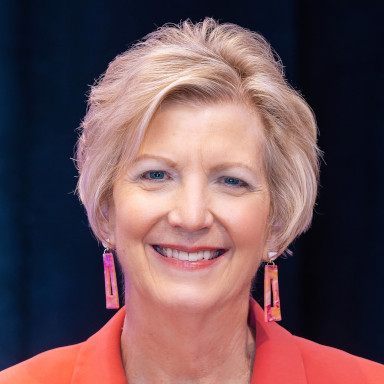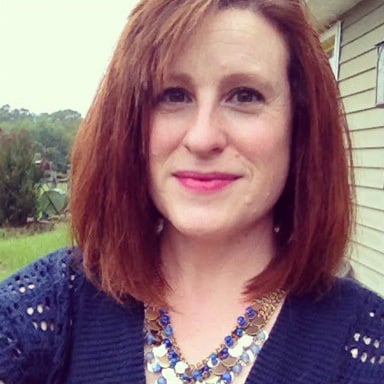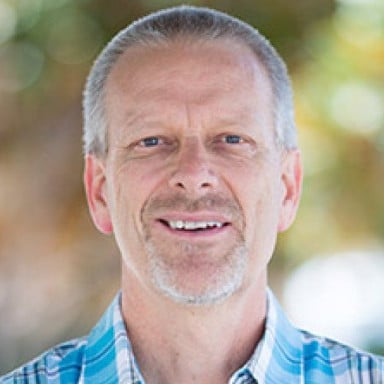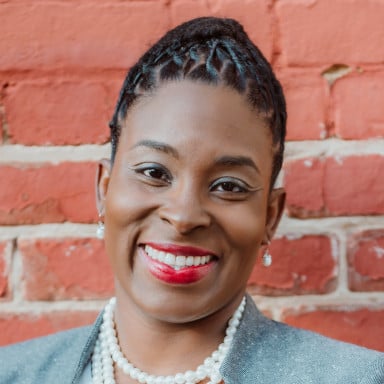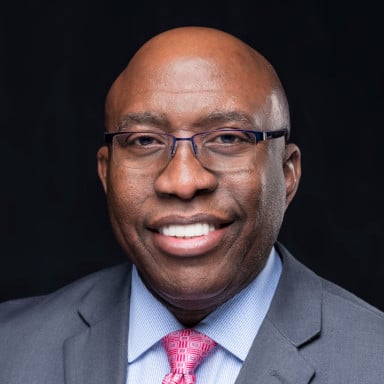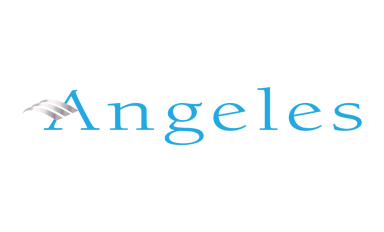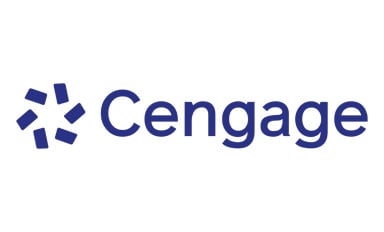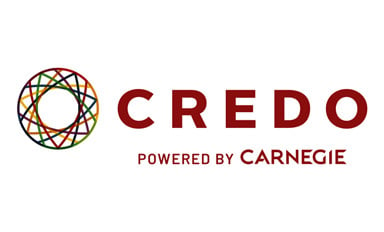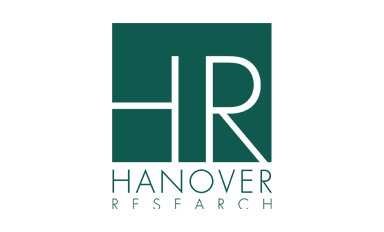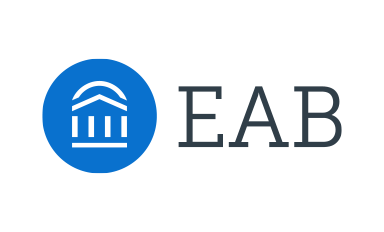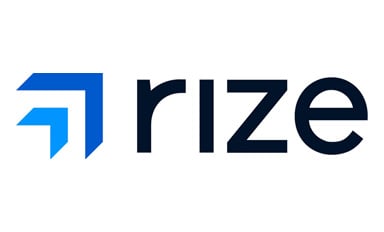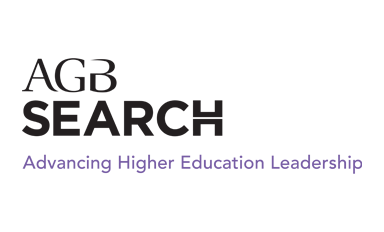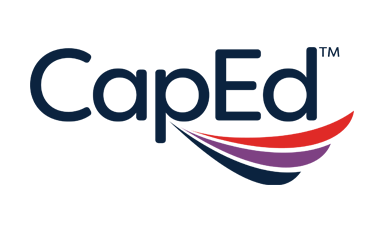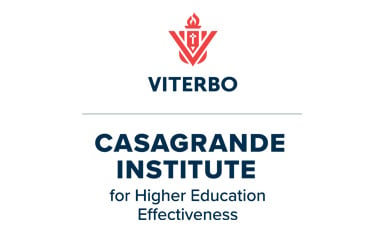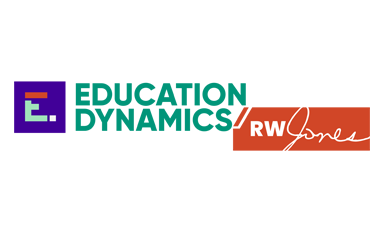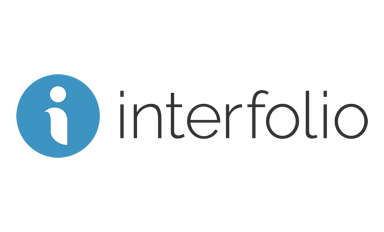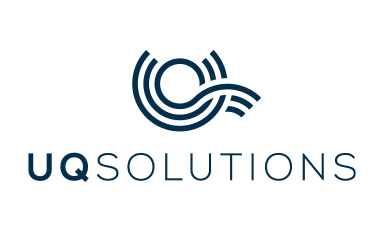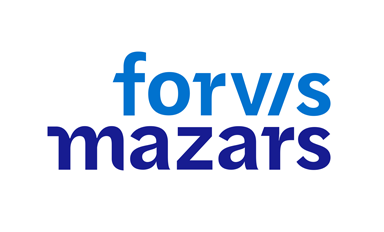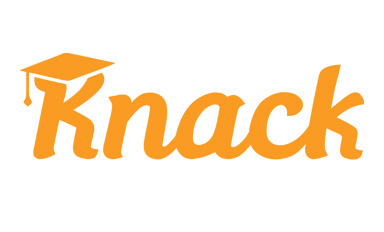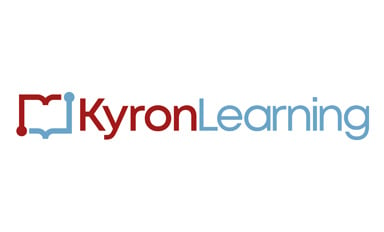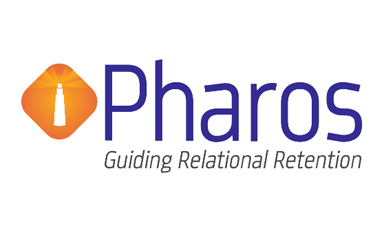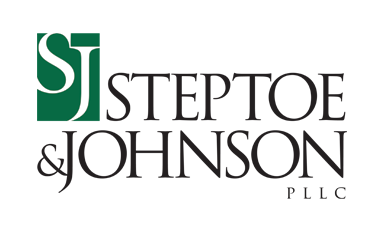Academic Leadership Now & Next
CIC’s 2024 Institute for Chief Academic Officers invites chief academic officers and their teams to collaborate at a deeper level and program for a stronger future. Participants will delve into topics that frame a renewed paradigm for academic leadership.
The theme of this year’s Institute is Academic Leadership Now & Next and will focus on building alliances, creating innovative academic pathways, and unlocking the potential of education for more students. Participants will re-energize themselves by highlighting their good work and its enduring value; interrogate ways to sustain their institutions and themselves in a time of disruptive change; reaffirm the power of academic leadership while also evaluating its current state; and learn about ways to make teams more inclusively excellent, adaptable, and forward looking.
CIC has planned concurrent sessions that bring the Institute’s themes and objectives together, as well as interactive seminars that focus on artificial intelligence, bridging the academic mission and the marketplace, prison education, and executive coaching to sustain energy and passion. A new addition to this year’s program is a pre-Institute workshop for deans and associate provosts to complement the workshops for new chief academic officers and those in their third and fourth years.
Please note that this year’s Institute is a departure from the traditional timing to allow participants to return to campus before November 5 (for Election Day). We are pleased to provide this flexibility for leaders who wish to participate in the voting process and tend to any student matters on campus related to the election.
Who Should Participate?
In 2024, the Institute for Chief Academic Officers is open to chief academic officers and their teams. Teams can include, but are not limited to, associates, deans, and directors.
Special pre-Institute workshops for new chief academic officers, deans, associate provosts, associate vice presidents, and for those in their third or fourth years of service will be of special interest to participants in those cohorts.
CIC membership is not required for registration; however, only independent college and university administrators may participate.
Plenary Speakers
-

Shirley V. Hoogstra
President Emerita, Council for Christian Colleges & Universities
-

Cynthia Alby
Professor of Teacher Education and Faculty Director of GC Journeys, Georgia College and State University
-

Christon G. Arthur
President, La Sierra University (CA)
-

Kerry D. Fulcher
President, Point Loma Nazarene University (CA)
-

Catharine E. O’Connell
Provost and Dean of the College, Illinois College
-

Tynisha D. Willingham
Provost and Vice President of Academic Affairs, Eastern Mennonite University (VA)
Plenary Sessions
Partnering for Good: Prison Education and the Potential for Transformation
Shirley Hoogstra will discuss how prison education programs can apply the best aspects of a liberal arts education in a nonconventional setting. She will share how incarcerated students respond to having the chance to learn and how this opportunity can be life changing. Prison education programs present an opportunity for institutions to meaningfully serve individuals who are incarcerated by making education available and accessible. Also, thanks in part to the action from the Department of Education to restore access to a Pell Grant for any person who is incarcerated and wishes to pursue postsecondary education, this presents an opportunity for institutions looking to grow and diversify enrollment. Despite some of society’s perceptions and expectations, prison education provides a clear proof point for the potential for transformation for both students and institutions.
Shirley V. Hoogstra, President, Council for Christian Colleges & Universities
AI and Academia: Leading the Charge in an Era of Educational (R)Evolution
AI is not just transforming industries—it’s reshaping education. This presentation offers a panoramic view of AI’s potential, its growing role in higher education, and how it will likely affect our students’ career prospects. Cynthia Alby will examine the higher ed community’s varying responses to AI innovations, the latest in detection technology, and models for AI-enhanced learning experiences. Discover why the time is now for leaders to embrace this revolution, ensuring our institutions remain at the forefront of change.
Cynthia Alby, Professor of Teacher Education and Faculty Director of GC Journeys, Georgia College and State University
Telling Our Stories: The Impact of Independent Colleges/Universities
The higher education industry has adopted vocabulary from the U.S. military to describe the numerous challenges and changing environment faced by private colleges and universities: VUCA. Volatility: the speed of change is swift, immediate, explosive, and overnight. Uncertainty: we don’t know what we don’t know; best practices are yesterday’s solutions. Complexity: we test ten to 15 ideas in the hope that one or two of them will be successful. Ambiguity: clarity is elusive and there are multiple plausible interpretations of the same data. Amid these challenges, our industry continues to do transformative work. In this session, panelists will share inspiring stories about their impact on students and the communities that they serve.
Christon Arthur (Moderator), President, La Sierra University (CA)
Kerry D. Fulcher, Provost and Chief Academic Officer, Point Loma Nazarene University
Catharine E. O’Connell, Provost and Dean of the College, Illinois College
Tynisha D. Willingham, Provost and Vice President of Academic Affairs, Eastern Mennonite University
Pre-Institute Workshops
Workshop for New Chief Academic Officers
Friday, November 1
7:30 a.m.–4:00 p.m.
Chief academic officers who have served for fewer than two years are invited to participate in this workshop, led by experienced colleagues, that addresses issues that newer CAOs often face. Participants will work in small groups, analyze case studies, and discuss topics such as accreditation; assessment and institutional effectiveness; faculty governance and leadership; appointments, promotions, and tenure and its alternatives; managing time, technology, and paper; and working with peer administrators. Participants will be paired with an experienced CAO mentor.
Workshop Coordinators
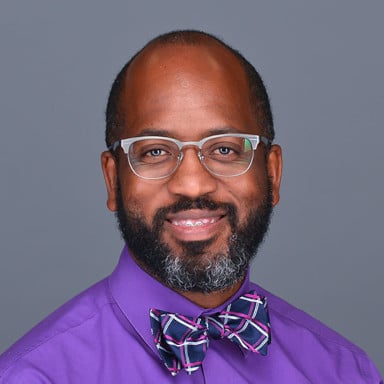
Gerald Griffin
Provost, Hope College (MI)
Gerald Griffin is provost at Hope College (MI). Griffin joined the Hope faculty in 2015 as a member of both the departments of biology and psychology. Prior to his current appointment, he served as neuroscience program director, associate provost, and interim provost. Griffin is an accomplished scholar whose research interests primarily focus on the reciprocal interactions between viruses and the nervous system. In 2019, he was named an Emerging Scholar by Diverse: Issues in Higher Education and also was the recipient of Hope’s Janet L. Anderson Excellence in Teaching Award. Griffin and his team of Hope student researchers received the college’s 2016 Social Sciences Young Investigator Award for their work with the bacterium Salmonella enterica.
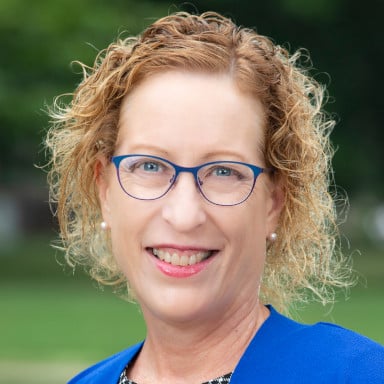
Catharine O’Connell
Provost and Dean of the College, Illinois College
Catharine E. O’Connell has served as provost at Illinois College since 2016. She previously served as chief academic officer at two other institutions: Mary Baldwin College (now University) (VA) and Defiance College (OH). Prior to those roles, she held the positions of dean for academic affairs at Cabrini College (PA) and faculty member at St. John Fisher College (NY). O’Connell has been a frequent presenter at regional and national meetings on such topics as higher education leadership, global learning and citizenship, and community-based research.
Workshop for Chief Academic Officers in Their Third or Fourth Year of Service
Friday, November 1
7:30 a.m.–3:00 p.m.
Entering the third or fourth year of service, chief academic officers usually have mastered the fundamentals of the role. At this stage, CAOs discover greater opportunities to lead rather than simply manage. What are the key questions CAOs can and should address at this stage in their careers? For example, how do CAOs balance attention to their institutions’ immediate issues with a focus on their long-term academic needs? How can CAOs attend to their own professional lives while also serving their institutions? How do CAOs work effectively with the president and other cabinet officers on strategic planning? Participants will explore these and related questions and gain fresh perspective on the next stage of their careers as CAOs.
Workshop Coordinators
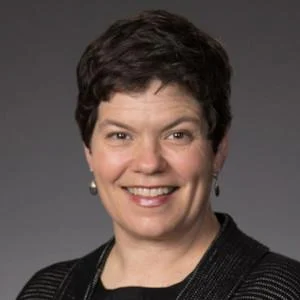
Sarah Ferguson
Vice President for Academic Affairs, Texas Lutheran University
Sarah Ferguson is the vice president for academic affairs at Texas Lutheran University. In this role, she leads the academic endeavors of the university, including all academic programs, the library, the registrar, and the Office of Institutional Research and Effectiveness. She also works closely with faculty, program directors, and department chairs to implement Texas Lutheran’s strategic initiatives. Ferguson served as Bachelor of Social Work department chair for seven years at the University of St. Thomas (MN) and St. Catherine University (MN)’s School of Social Work and as the associate vice president and dean of faculty at Saint Mary’s University of Minnesota. Over the years, she has provided trainings on clinical supervision, cultural humility in supervision, organizational culture, leadership, and macro-practice social work. Ferguson is a frequent presenter at the CIC Department and Division Chair Workshops. Her scholarly interests include nonprofit management and leadership, supervision, macro-practice social work, and organizational systems.

John D. Kolander
Provost, Wisconsin Lutheran College
John D. Kolander, provost of Wisconsin Lutheran College, has served as the college’s chief academic officer since 2004. Previously, he was a teacher and administrator for Lutheran elementary and high schools in Wisconsin and Minnesota. Kolander’s research interests include campus and organization culture, curriculum development, and leadership development. He is a frequent presenter at CIC’s Workshops for Department and Division Chairs and Institute for Chief Academic Officers and received the CIC Chief Academic Officer Award in 2018.
Workshop for Deans and Associate Provosts/Associate Vice Presidents
Friday, November 1
7:30 a.m.–3:00 p.m.
This workshop is designed for deans, associate provosts, associate vice presidents, and their equivalents. This group of academic officers carries a lot of responsibility for achieving the strategic goals of academic affairs units. The workshop will support them and their leadership by focusing on key areas that include managing change/innovation; program development (graduate and undergraduate); program prioritization; supporting faculty; responding to different constituencies; conflict resolution; managing up and down; and managing graduate, online, and professional programs. The workshop will also provide coaching on participants’ professional trajectory.
This session has reached capacity. Please check in at the onsite registration desk to inquire if space has become available.
Workshop Coordinators
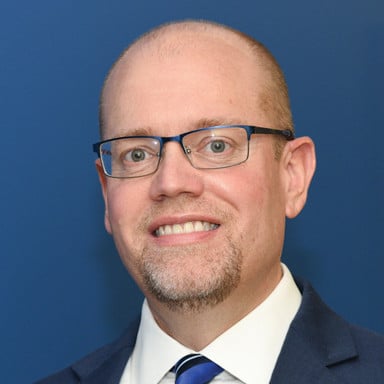
J. Andrew Prall
Former Vice President for Academic Affairs, Aurora University (IL)
J. Andrew Prall became vice president for academic affairs at Aurora University (IL) in 2021. He came to Aurora after three years as provost of St. Edward’s University (TX). Previously, Prall served as vice president for academic affairs at the University of Saint Francis (IN). At each university, Prall led efforts that resulted in improved retention and graduation rates, and he co-chaired the strategic planning processes at St. Edward’s and Aurora to shape the future of each institution. Under his leadership, the University of Saint Francis completed its first set of comprehensive program reviews in ten years and created its first wholly online programs. His professional activities include participation in CIC’s 2015–2016 Executive Leadership Academy and a two-year Franciscan Leadership Enhancement Program. Prall is the former chair of the CIC Chief Academic Officers Task Force.
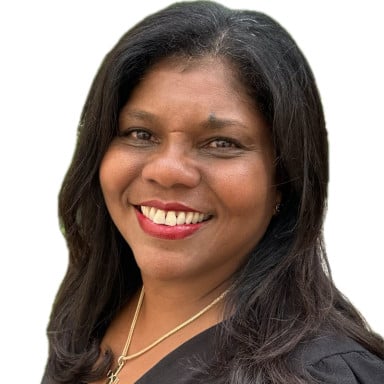
Marianne Ward-Peradoza
Provost, St. Edward’s University (TX)
Marianne Ward-Peradoza has served as provost at St. Edward’s University (TX) since 2021. She has a breadth of experience in academic administration, and she is a passionate advocate of inclusive excellence, student success, experiential learning, and a global mindset. She previously served as the dean of the Bill Munday School of Business at St. Edward’s University from 2019–2021. Prior to joining St. Edward’s University, she served as dean of the school of business and technology at Marymount University (VA). Ward-Peradoza was also a longtime faculty member and administrator at Loyola University (MD), where she held roles of program director, department chair, and associate dean. She is committed to fostering opportunities to connect educational institutions with their communities. Ward-Peradoza has served on the boards of the Greater Austin Chamber of Commerce, the Arlington Chamber of Commerce, the Ballston Business Improvement District in Arlington, VA, and as a member of the Commonwealth Cyber Initiative Blueprint Advisory Council.
Hotel and Travel
Hotel Reservations
Hilton Portland Downtown
921 SW Sixth Avenue
Portland, OR 97204
Phone: (503) 226-1611
Room Rate:
$209 single/double per night
Hotel Reservation Deadline:
October 1, 2024
PLEASE NOTE:
Hotel Reservation Procedure: Participants first need to register for the Institute in order to make a hotel reservation at the CIC discounted rate. Reservation details including a link for the discounted guest room rate will be provided to Institute participants with the confirmation email once registration is completed.
Rooms may sell out before the deadline, so participants are encouraged to register for the Institute and reserve their hotel rooms as soon as possible. Please note that hotel reservations made after the deadline will be accommodated only on a space-available basis and may be at a rate higher than the CIC rate.
The Hilton Portland Downtown Hotel, situated in the heart of downtown, is surrounded by restaurants, tax-free shopping and entertainment venues. Walk a block from the hotel to the MAX Light Rail system for quick and easy access to popular Portland attractions, nearby cities, and Portland International Airport.
UPDATE: Additional guestrooms are available at The Duniway Hotel, located at 515 SW Taylor Street, Portland, Oregon 97204, just across the street from the Hilton Portland Downtown. The CIC rate of $209 for single/double occupancy per night will also apply.
Among Portland’s many attractions are the Oregon Museum of Science and Industry which features the 52-foot dome of the Kendall Planetarium; the Oregon Zoo that is home to over one thousand animals; and the Lan Su Chinese Garden where visitors can savor an array of traditional Chinese teas and view its picturesque bridges, pavilions and landscapes. Additionally, the Portland Museum of Art features an impressive collection of Native American art and contributions. Not to be missed is a visit to Powell’s Book Store, a Portland landmark that expands an entire block and contains well over one million books.
Transportation
Taxi and Rideshare
The Hilton Portland Downtown Hotel is located approximately ten miles from the Portland International Airport (PDX). Transportation to the hotel is available from several providers that are located just outside the baggage claim area of the airport. The approximate fare to the hotel or the downtown Portland area is $55.00 one way.
MAX Lightrail System
From Airport to Downtown
Board the MAX Red Line to City Center and Beaverton TC. Get off at the Pioneer Square North MAX Station. The Hilton Portland Downtown Hotel is about a 5-minute walk south. One way fare is $2.80 per person.
Hotel Parking
(As of May 15, 2024)
Valet parking at the Hilton Portland Downtown Hotel is $55.00 per day.
Registration Information
Online registration for the 2024 Institute for Chief Academic Officers is now closed. Please contact CIC by phone at (202) 466-7230 or by email at conferences@cic.edu to inquire if space is still available. Sponsors should contact Simone Smith at simone.smith@cic.edu.
Please review the current CIC Health and Safety Guidelines and the CIC Code of Conduct before registering for the Institute.
Registration and Payment Process
Please register for the Institute online. You may pay for the Institute by:
Submit a credit card payment online.
Please select the “pay by check” option and use the following account information for your ACH payment:
Council of Independent Colleges
Routing number: (ABA) 021052053
Account number: 99387090
Addendum: CIC 2024 CAO Institute
Please select the “pay by check” option and use the following account information for your wire transfer payment:
Council of Independent Colleges
Banking Institution: Truist – Branch Banking and Trust Company (BB&T)
Routing number: 054001547
Account number: 0005163140944
SWIFT Code: BRBTUS33
Mail a check payable to “Council of Independent Colleges,” with a memo indicating the check is for the CAO Institute and a printout of your online registration page, to:
CAO Institute
Council of Independent Colleges
One Dupont Circle, NW, Suite 320
Washington, DC 20036-1142
Registration Fees
(includes Welcome Reception and Dinner, All-Institute Reception, Boxed Lunches, and all Breakfasts)
CIC Member Rates
| Chief Academic Officer | $875 |
|---|---|
| Other Academic Administrator | $775 |
| Spouse/Partner | $300 |
Non-Member Rates
| Chief Academic Officer | $1,035 |
|---|---|
| Other Academic Administrator | $995 |
| Spouse/Partner | $350 |
Not a CIC member? In addition to reduced registration fees for the Institute, view the full list of member benefits.
Special Events and Workshops
| Welcome Reception and Dinner (see note below)* | $180 |
|---|---|
| Workshop for New CAOs in Their First Year [Note: Second-year CAOs who were unable to participate in year one are also welcome to participate.] | $170 |
| Workshop for CAOs in Their Third or Fourth Year | $170 |
| Workshop for Deans and Associate Provosts | $170 |
*Note: The Welcome Reception and Dinner is included with a full registration. This special event fee is for additional guests only.
CIC Conference Registration and Cancellation Policies
Please note that CIC requires full payment by check, credit card, or wire transfer at the time of registration.
Refunds of the registration fee (less a $50 processing fee) will be given for cancellations received, in writing (including email), no later than October 1, 2024. Refund requests received between October 2 and October 20 will incur a charge equal to 25 percent of the total registration fee. No refunds will be issued after October 20, 2024. All refunds will be issued after the Institute. Please send cancellation requests to the attention of the CIC conference coordinator, at conferences@cic.edu.
Participants must cancel their own hotel reservations. Canceling your Institute registration does not cancel your hotel reservation. Please contact the Hilton Portland Downtown Hotel at (503) 226-1611 or follow the directions on the hotel reservation confirmation to cancel. Reservations can be changed without a fee or canceled for a full refund up to 48 hours before anticipated arrival.
Contact Information
If you have registration questions, contact CIC by phone at (202) 466-7230 or by email at conferences@cic.edu.
Sponsors
Premier
Chief Academic Officers Task Force
The program of the 2024 Institute is being planned with the assistance of CIC’s Chief Academic Officers Task Force. Members include:
Christon Arthur (Chair), President, La Sierra University (CA)
Kim Coplin, Provost, Denison University (OH)
David Douglass, Provost, The College of Idaho
Catharine O’Connell, Provost and Dean of the College, Illinois College
Gregor Thuswaldner, Professor of World Languages and Cultures and Former Provost and Executive Vice President, Whitworth University (WA)
Titi Ufomata, Senior Vice President for Academic Programs, CIC
Tynisha Willingham, Provost and Vice President for Academic Affairs, Eastern Mennonite University (VA)




